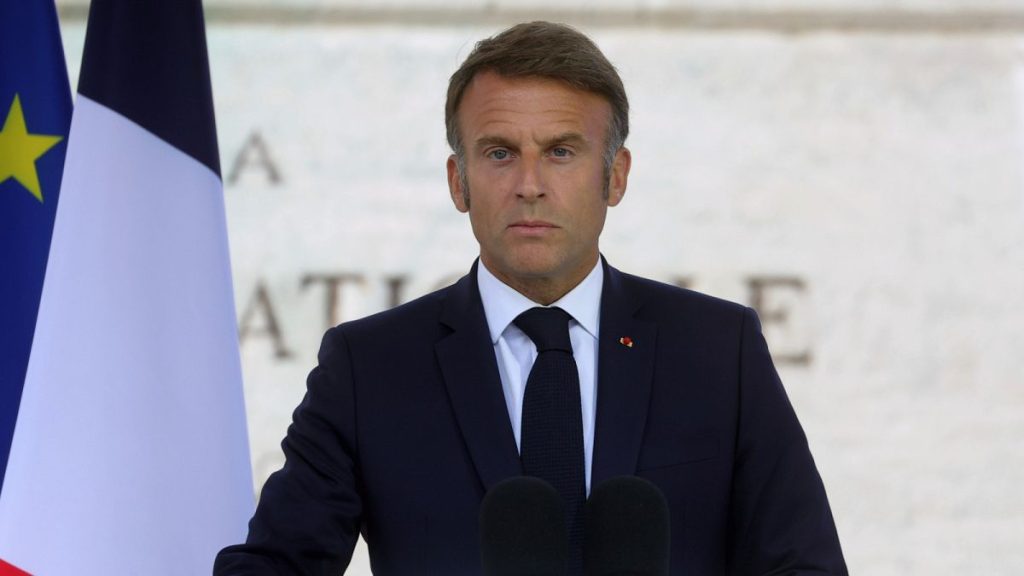French President Emmanuel Macron confirmed on Monday that the arrest of Telegram CEO Pavel Durov was part of an ongoing judicial investigation and not a political move, following the Russian billionaire’s detention at a Paris airport on Saturday. Durov’s detention was extended by French authorities for alleged offences such as fraud, drug trafficking, organised crime, and promotion of terrorism on the Telegram messaging platform. The Russian embassy in Paris demanded access to Durov, who is also a French citizen, but the French authorities have not cooperated. Macron emphasized that freedom of expression and communication are upheld within a legal framework in France, with the judiciary enforcing the law independently.
Following Durov’s refusal to shut down opposition communities on the VKontakte social media platform that he founded in Russia, he left the country in 2014. In a statement, Telegram defended Durov, stating that he has nothing to hide and frequently travels in Europe. The company argued that it is absurd to hold the platform or its owner responsible for abuses on the platform. Durov’s arrest has raised questions about the circumstances and reasons behind it, with Russia accusing France of double standards on freedom of speech. The Kremlin issued a warning demanding that Durov be accorded his rights, further straining the already tense relations between the two countries.
Durov could be held for up to 96 hours for questioning, after which a judge will decide whether to release him or press charges. Macron reiterated that the enforcement of the law is the responsibility of an independent judiciary and emphasized France’s commitment to freedom of expression. The French president’s statement marks the first official confirmation of Durov’s arrest, nearly two days after he was detained. Durov’s detention has sparked international attention, with concerns raised about the implications for freedom of speech and regulations governing social media platforms.
The tension between Russia and France has escalated in light of Durov’s arrest, with Moscow accusing Paris of failing to cooperate and provide access to the detained Russian billionaire, who is also a French citizen. The Russian embassy in Paris has demanded access to Durov, highlighting the complexities arising from his dual citizenship. France’s response to the arrest and Moscow’s accusations will likely influence the diplomatic relations between the two countries in the coming days. Macron’s assertion that the enforcement of the law is a judicial matter signals France’s commitment to upholding legal frameworks for freedom of expression in both online and offline contexts.
Despite the controversy surrounding Durov’s arrest, Telegram has expressed confidence in its CEO and maintained that the platform and its owner should not be held accountable for the actions of its users. Durov’s history of standing up against government censorship and defending freedom of speech has garnered support from his followers and advocates of digital rights. The outcome of Durov’s detention and the subsequent judicial proceedings will have implications for the regulation of social media platforms and the protection of freedom of expression in France and beyond. The international community will be closely monitoring the developments in this case, as it navigates the intersection of technology, law, and human rights in the digital age.


